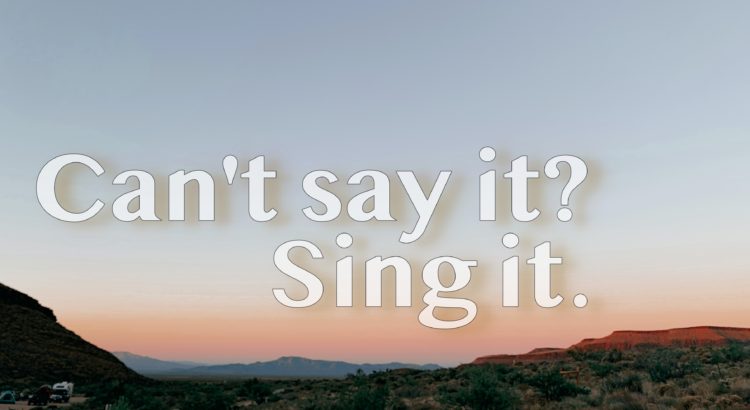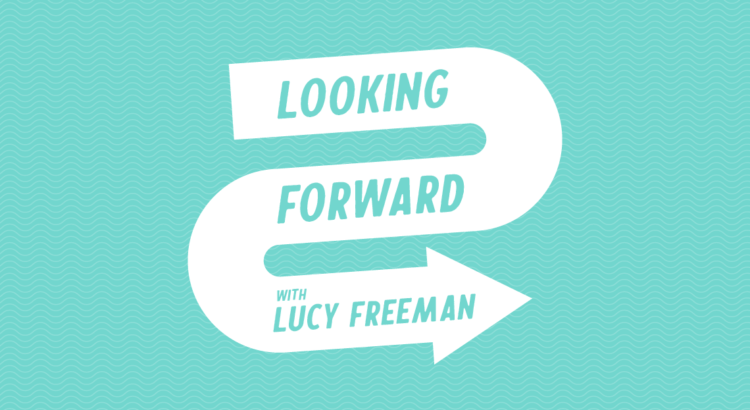I’ve had a rough week or so in terms of writing anything good enough to deem worthy of finishing. So instead of posting a full song this week, I’ve decided to post a few bits and pieces I’ve written down in the last few months.
Some are sad, some are happy. The styles are all different, and I’m not sure exactly what the tune to some of them are yet. But there is a certain beauty in an unfinished song. They’re in their ‘poetry’ stages. So, here you go:
#1: (a song for the seasons)
Wake up blanketed in white
stars like tiny twinkling lights
and I’m finally home
porch is dusty striped with snow
air is biting bitter cold
and I’m finally home
And I open shutters wide
should I run, should I hide
Is it finally time
It’s another barely merry Christmas
#2: (a song for fading feelings)
What do I say when the feelings all fade
But I promised you my forever
What do I do when I said I’d stay true
But in all my dreams I’m not tethered
You’re all I have, and I know that
What my heart wants, is what it once had
How do I stay when I feel I must stray
Is my only choice now or never
Every new night I add to my lies
And I weave a new stupid pattern
With every word sent and every word meant
My bond to you has but shattered
You’re who I’ve got I want whom you’re not
I need to hold on but everything’s wrong
What do I say when it all fades to gray
And everything’s gone that once mattered
#3: (A song for the towns we call home)
Small town small minds
Not too many passersby
Crazy girls simple lives
Its home
Big fields bigger dreams
Everything is as it seems
Stuck there till seventeen
That’s home
Then we leave and we see what the real world says
About us small town home grown women and men
You tell em where you’re from just by naming a state
All they’ll nod like they know but they don’t what to say
And everywhere you go everything is strange
Like what are you doing here?
You try your very best to be a part of this place
But in the end you’re 2000 miles away
And deep inside a part wishes you’d stayed
Home home.
#4: (a song for MY town I call home)
I was born in a town
where the greatest place around
was the Culvers on the side of highway sixty
And our idea of a getaway
Was a 40 minute drive away
To the shores of the Great Lake out in Milwaukee
#5: (religious, but my attempt at a song of lament)
Oh Father how I feel like old Jerusalem
Once full of people and the vibrant lives they shared
Now like that silent city I will weep away my sorrows
and it’s more than one small single soul can bear
The tears are streaming faster as I count the names of friends who’ve turned their backs as they have carried on their ways
Now like the silent city I will find no rest tonight
for my mortal heart is once again betrayed




 I hope exam season is treating you well and you’re finding ways for self-care in the midst of all of it. This week, I spoke with Aylin Gunal, Editor-in-Chief for Writer-to-Writer. I asked her about the publication, how the organization has adjusted to this semester, how she perceives creativity on campus this semester, and how students can get involved. It was a wonderful conversation I’m excited to share with you all!
I hope exam season is treating you well and you’re finding ways for self-care in the midst of all of it. This week, I spoke with Aylin Gunal, Editor-in-Chief for Writer-to-Writer. I asked her about the publication, how the organization has adjusted to this semester, how she perceives creativity on campus this semester, and how students can get involved. It was a wonderful conversation I’m excited to share with you all!




